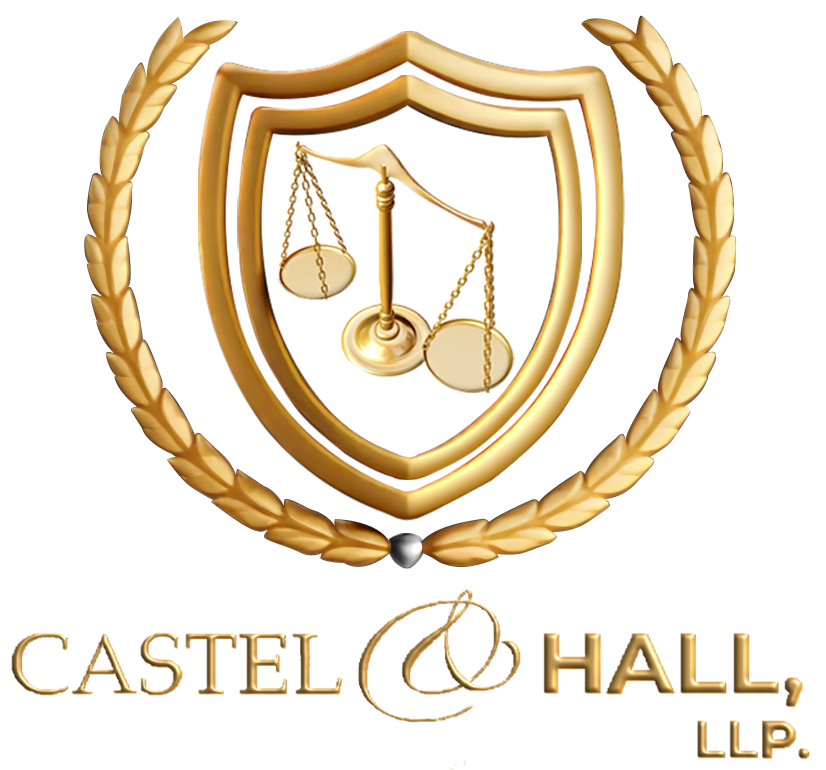Massachusetts probation violation
defense lawyer focused on second chances
Protecting your freedom at surrender hearings
A missed meeting, failed test, or new arrest can trigger a violation hearing in Boston Municipal or District Court from Worcester to Waltham. Unlike a jury trial, the standard is lower and hearsay may be allowed if deemed reliable. Castel & Hall LLP gathers compliance proof, counseling records, and employment letters to persuade the judge to continue probation instead of revoking it. We also coordinate with your underlying
criminal defense case so strategies don’t conflict.
From missed appointments to new charges
Life happens—transportation problems on the MBTA, a shift change, or a family emergency. We document why it happened and what’s changed: re-enrollment in treatment, negative follow-up screens, or added structure. If the alleged violation is a new drug allegation, our
drug crimes team fights the fresh charge while we push for continued probation on the old case. When appropriate, we request modified terms instead of jail.
Probation Violation Defense – FAQ
What counts as a violation in Massachusetts?
Technical issues (missed meetings, late fees, positive tests) and “new offenses” can both trigger a surrender. Judges have broad discretion, and the standard of proof is lower than at trial, so preparation is crucial.
Do I get bail on a violation?
Probation surrenders aren’t bail hearings. You can be held pending a final hearing, especially on new charges. Counsel can argue for release, propose conditions, or expedite the hearing.
Should I admit the violation to get it over with?
Not without advice. An admission can affect the underlying case or future sealing eligibility. Sometimes denying and forcing proof—or negotiating modified terms—produces a better outcome.
Can hearsay be used against me?
Yes, if deemed reliable. Police reports, lab results, and treatment notes often appear. Your lawyer can challenge reliability, demand live witnesses, or offer counter-evidence.
What if the violation is a new arrest that’s not proven yet?
The court can still find a violation based on probable facts. Defense strategy may include continuing the surrender until the new case is resolved or presenting mitigating evidence to keep probation intact.
Can I get a “second chance” after a positive drug test?
Often. Judges respond to credible treatment plans, negative follow-ups, and structure (work, school, counseling). Documentation and swift corrective steps help.
Will a violation ruin my chance to seal later?
It depends. Dispositions and dates drive sealing timelines. A tailored approach can resolve the violation while preserving your long-term record strategy.
Can probation end early despite a past violation?
Sometimes. Strong compliance, completed programs, restitution, and support letters can justify early termination. Your lawyer can calendar the request when the record is strongest.
Keep you working, parenting, and moving forward
Judges can continue probation, add conditions, extend the term, impose a short sanction, or revoke and commit. We prepare you to speak credibly, present verified progress, and avoid admissions that could hurt you later. If you receive notice of a hearing—or think one is coming—contact us right away for a plan.









